Socializing for introverts can be an exhausting experience. Although it’s not necessary that all introverts hate socializing, most of them prefer low key, solitary activities to recharge themselves.
What socializing for introverts feel like
As an introvert, I wouldn’t say I am the most social person I know. Of course, I enjoy going out and spending some quality time with my friends and family. But being around people for too long makes me feel… uncomfortable. The noise of people talking in the coffee shop, the faces of strangers at the bar, the loud music at the pub, the crying baby in the subway – it makes me feel something I can’t quite explain. I just feel drained and have this innate feeling of running away back to my apartment.
Ah…solitude. The joy of being alone in my room with a few good books, perhaps a movie, the internet, no noise and no phone calls. Feels like heaven. But why? Why do I feel so exhausted after an evening of socializing? Why does being alone make me feel so recharged, relaxed and even energized? The answer to why socializing for introverts is so difficult is hidden in the way our brains are wired.
Want to be more social? Read Socializing 101 For Introverts: 6 Tips To Becoming More Social As An Introvert
Response to ‘rewards’
Socializing for introverts can be difficult, but it can also be hard on extroverts as well. A new study, conducted by the University of Helsinki, found both extroverts and introverts experienced the same levels of fatigue after 3 hours of constant socializing. However, the case may be a bit different for introverts as they crave solitude a lot more than extroverts.
Why? That’s because introverts respond to rewards in a different way than extroverts. Rewards refers to things that may motivate and drive us, like money, power, social affiliation, social status, sex & even food. When we manage to persuade an attractive stranger at a bar to get their number or when we finally get that promotion at work, it all acts as a reward for us. Although introverts care about rewards like eating good food, making good money, enjoying a healthy relationship, they respond differently than extroverts to such rewards.
Researchers have discovered that, when compared to extroverts, introverts tend to be less energized, engaged and motivated by opportunities and probabilities of rewards surrounding them.
Hence, introverts experience lower levels of enthusiasm, seem less driven & motivated, and speak comparatively less. Moreover, they may find certain levels of stimulation to be irritating and draining that may seem highly energizing and rewarding to extroverts.
Perhaps, this is why introverts seek jobs and careers that offer them a sense of purpose instead of a fat paycheck. They also tend to seek more depth and intimacy in romantic relationships instead of casual flirting. However, this does not necessarily mean introverts are deep and extroverts are shallow.
Wondering what job is best for introverts? Read 11 Most Suitable Jobs for Introverts
The reward of socializing for introverts
So why is socializing for introverts so taxing, yet so energizing for most extroverts? This is probably because most rewards for humans tend to be social in nature. Our social lives are crucial for our evolution. It drives our consciousness, intelligence, language and even creativity. Social rewards are a crucial part of the human reward system and different human personality types respond to it in different ways.
In fact, one of the most fundamental ways to attract rewards like money, power, mates & alliances, is networking. Gaining the attention of others is an excellent way to explore opportunities and environment. Studies have suggested that gaining social attention is linked more with extraversion than introversion. The research claims that extroverts have “the tendency to behave in ways that attract social attention.”
However, attracting social attention requires a lot of time and effort which could be invested in other activities, accomplishing goals and even personal development. Moreover, attention-seeking behavior can often become inappropriate and may even backfire and lead to physical risks. This usually goes against introvert behavior as they would rather invest their time in achieving personal goals and self-development activities. However, there is a strong need for both extraversion and introversion from an evolutionary point of view.
What is your introversion type? Read 4 Types of Introvert : Which One Are You?
The Dopamine effect
So why are introverts less driven by rewards? The answer lies in how the brain of introverts respond to the neurotransmitter dopamine. Dopamine is a chemical found in the brain which controls the reward & pleasure centers in our brains. This chemical motivates us to pursue external rewards like making more money, attracting a mate, getting promoted, boosting our social status etc. Dopamine helps us identify these rewards and drives us to take the necessary action. It also decreases the “cost of effort” as it motivates us to strive harder for the reward. However, one of the most crucial functions of dopamine is exploration.
According to psychology professor Colin DeYoung of the the University of Minnesota, “the release of dopamine, anywhere in the dopamingergic system, increases motivation to explore and facilitates cognitive and behavioral processes useful in exploration.”
In a recent paper on introversion, DeYoung revealed that the dopamine reward system is more active in extroverts than in introverts. Hence, the brain of introverts do not become as active as extroverts’ at the possibility of a reward. Although extroverts and introverts have the same level of dopamine in their brains, the key lies in the difference in the dopamine reward network’s activity.
How introverts respond to dopamine explains why most introverts feel drained by social interactions and need to be alone to recharge themselves. For an introvert, socializing is more stressful and exhausting as a result of their less active reward system.
Do social interactions make you stressed out? Read The Introvert Hangover: Tips To Manage ‘Peopling Stress’
Why introverts love being alone
Socializing for introverts may be exhausting, but solitude is what really gets them going. And this may be due to the neurotransmitter acetylcholine. Similar to dopamine, acetylcholine is also related to pleasure. This neurotransmitter enables us to feel joy and empowers us to reflect, think profoundly, and concentrate on certain topics for extended periods.
This probably explains why introverts prefer environments that are calm and soothing instead of loud environments. It helps introverts to look inward for pleasure without being distracted by external stimulation.
Are introverts less social?
No. Not necessarily. Introversion is one of the most well-known yet widely misunderstood types of human personality.
Being an introvert doesn’t necessarily mean that you’re shy, sensitive and unsociable. It simply means that your brain is wired differently and you respond differently to rewards and external stimuli than an extrovert.
Even though you’re an introvert, You may enjoy going out with a small circle of friends or you may be a complete social butterfly. Or you may simply prefer staying home and enjoying your own company and a good book. You can be anything you want to be and anything that makes you happy. But what is important is that you understand yourself better and shed obsolete misconceptions about introverts.
Only then will you be able to embrace your inner introvert and live life to your fullest potential.
Want more? Read How to Embrace Being a Lone Wolf and Walk Your OWN Path
I highly recommend you watch this insightful video on introverts and the power they have:
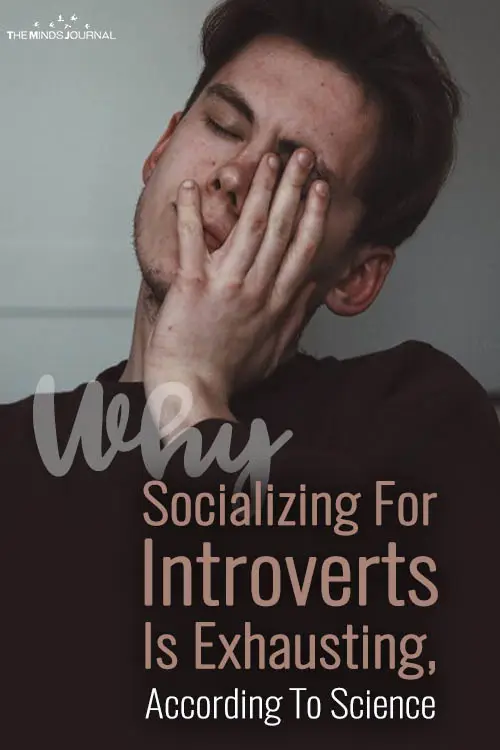


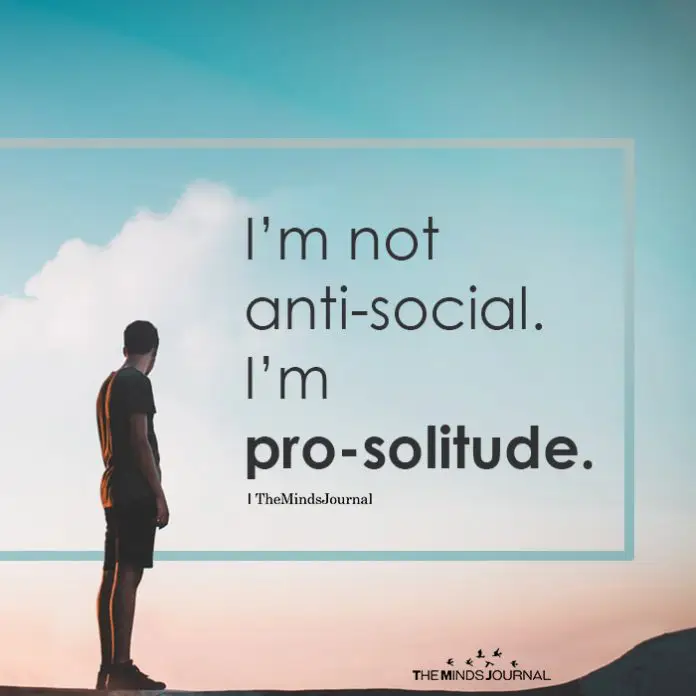
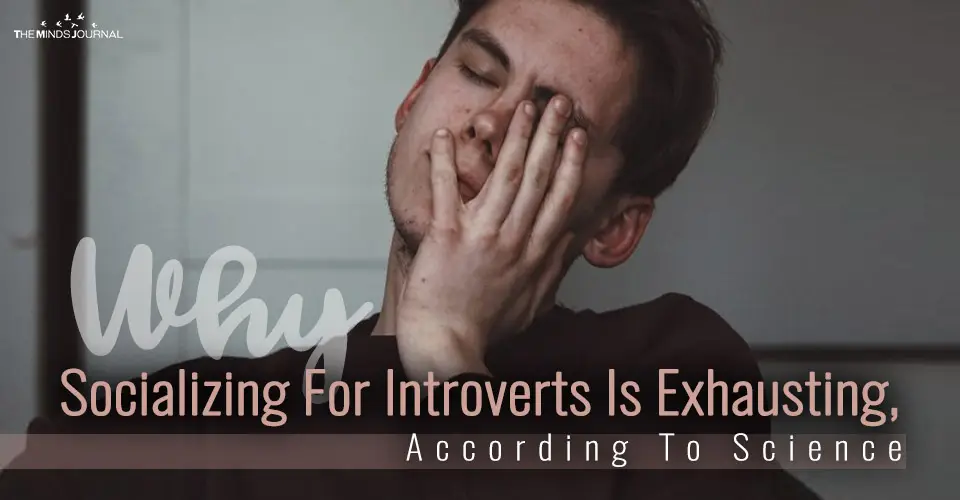
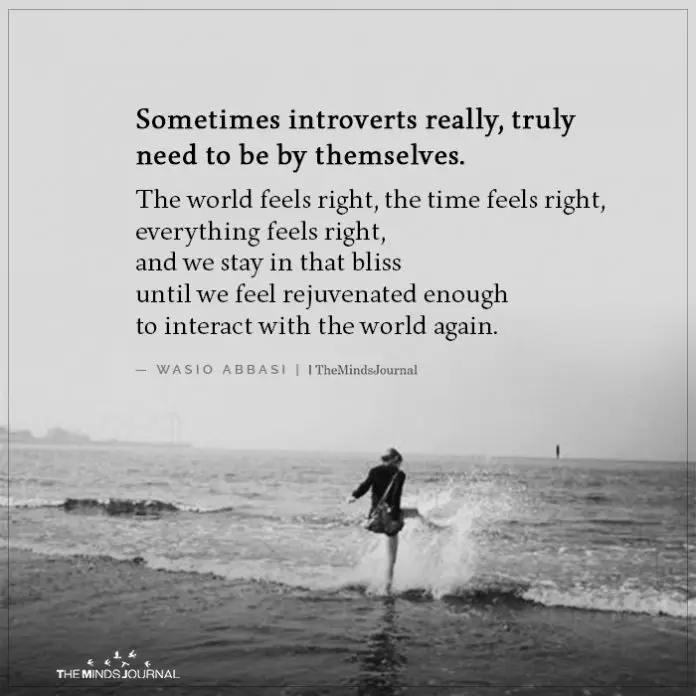
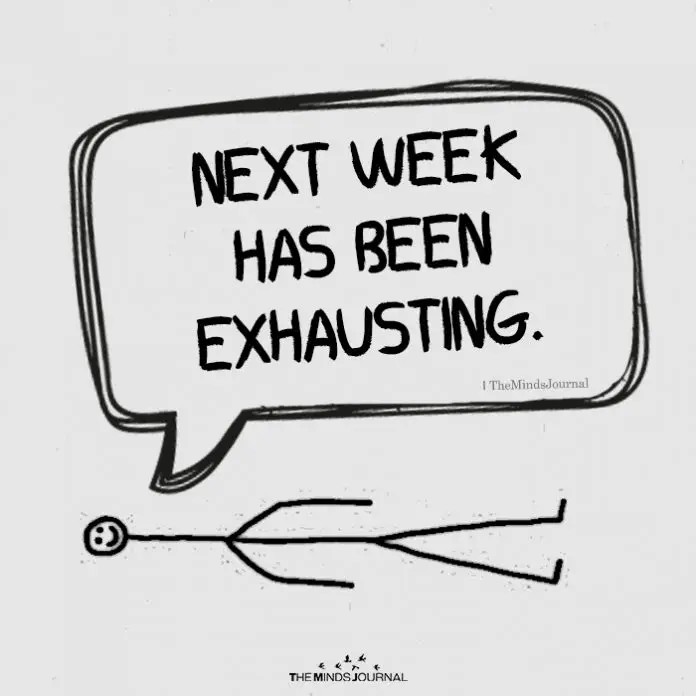
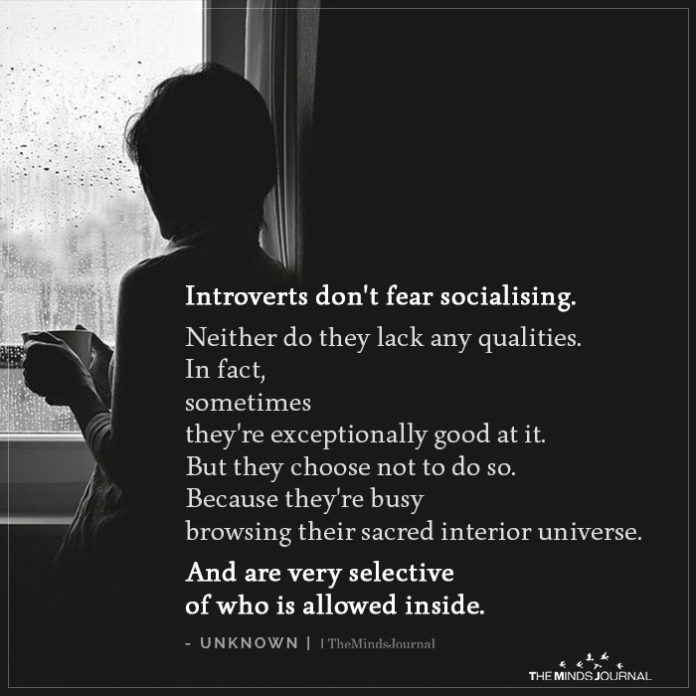
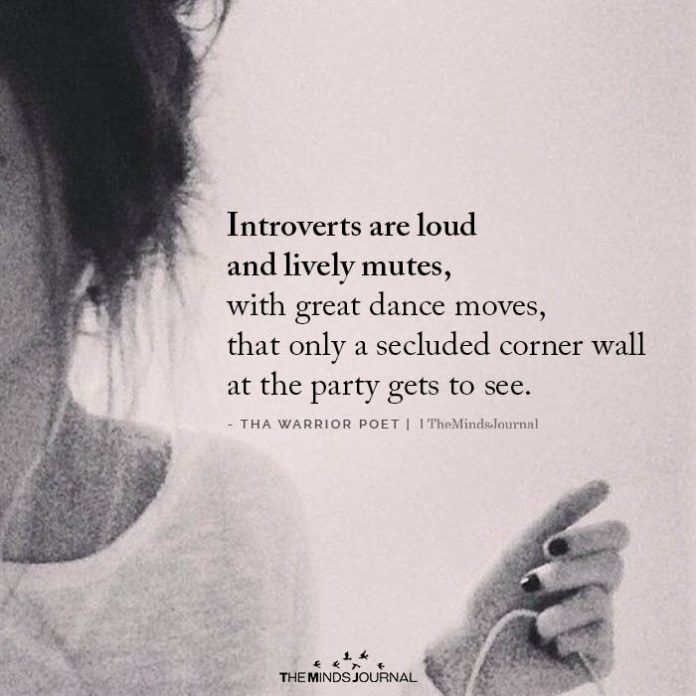
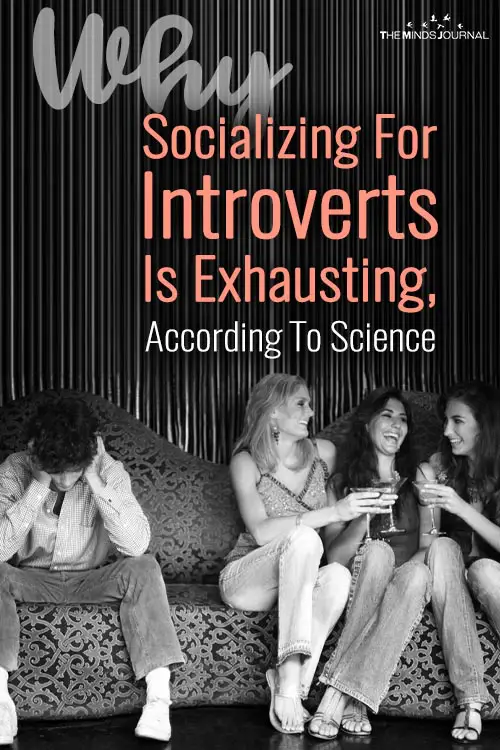
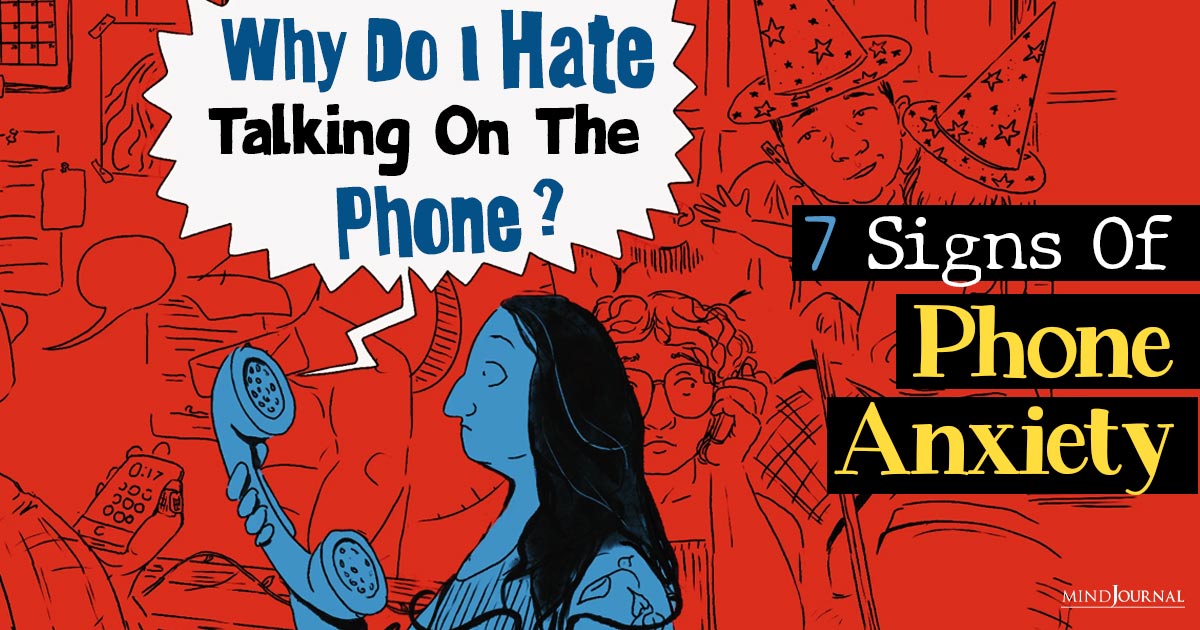
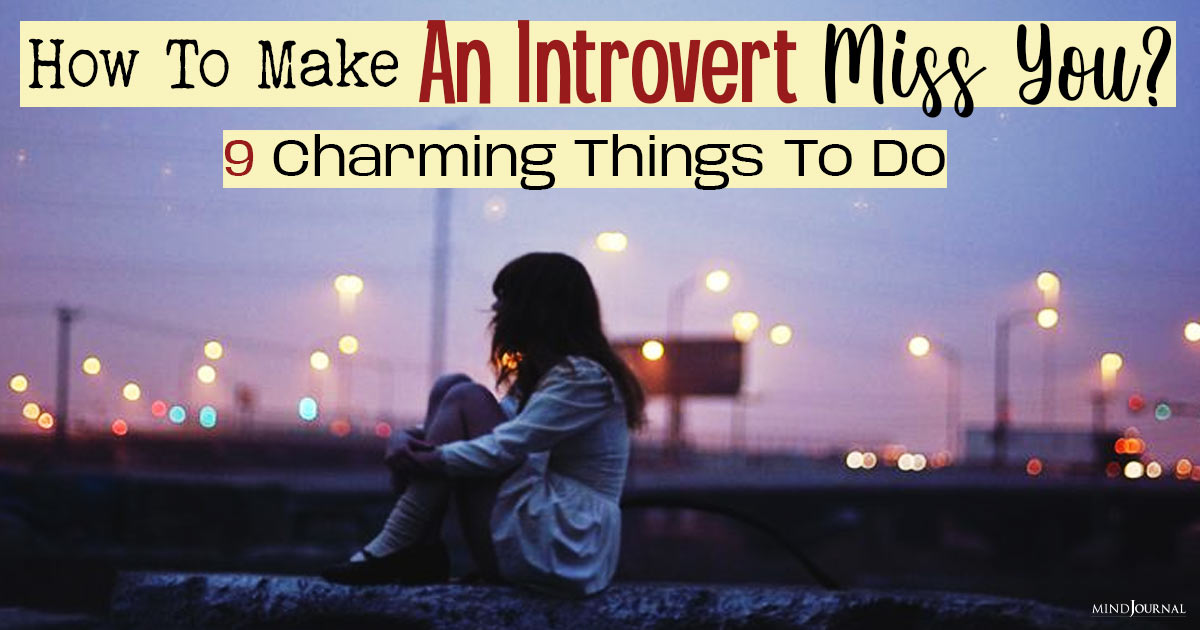
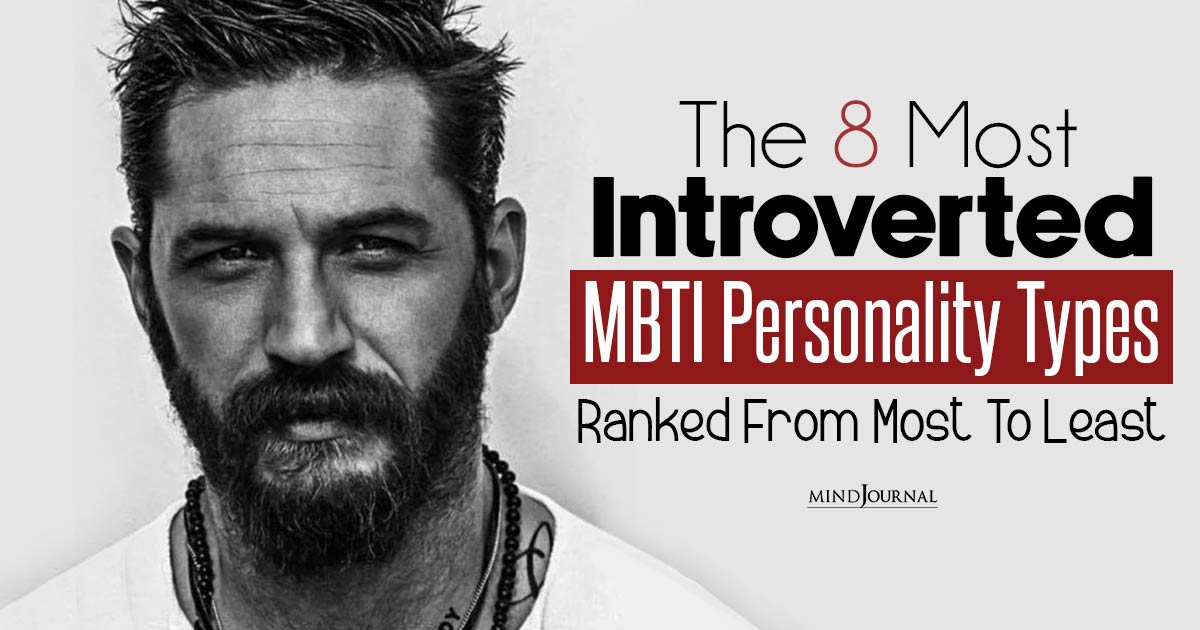
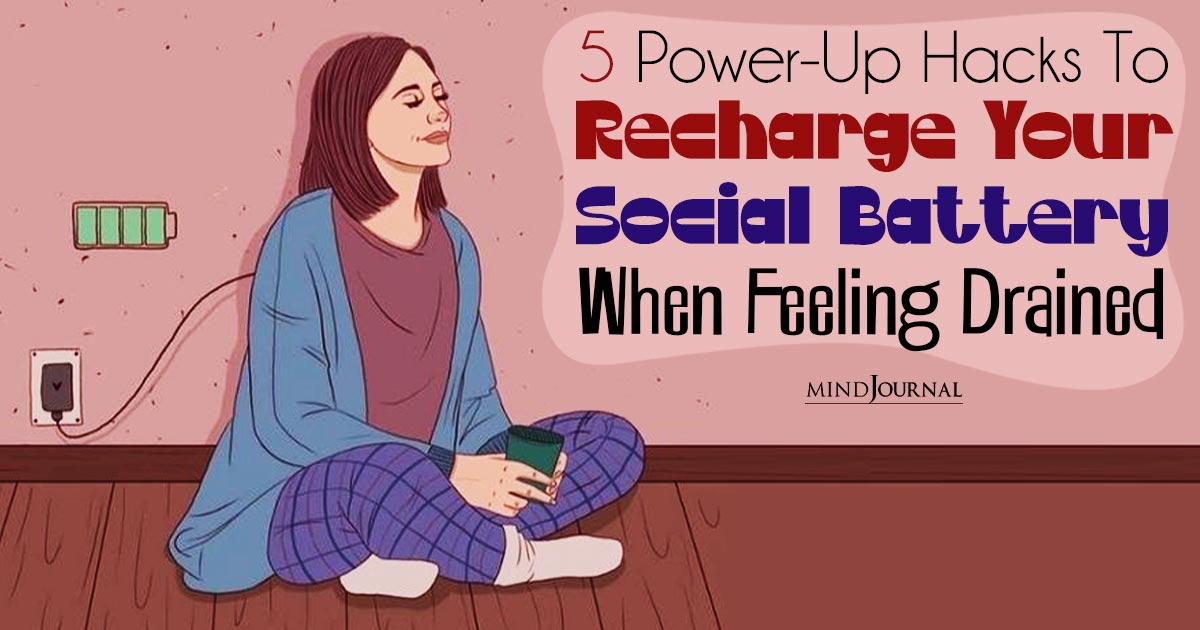


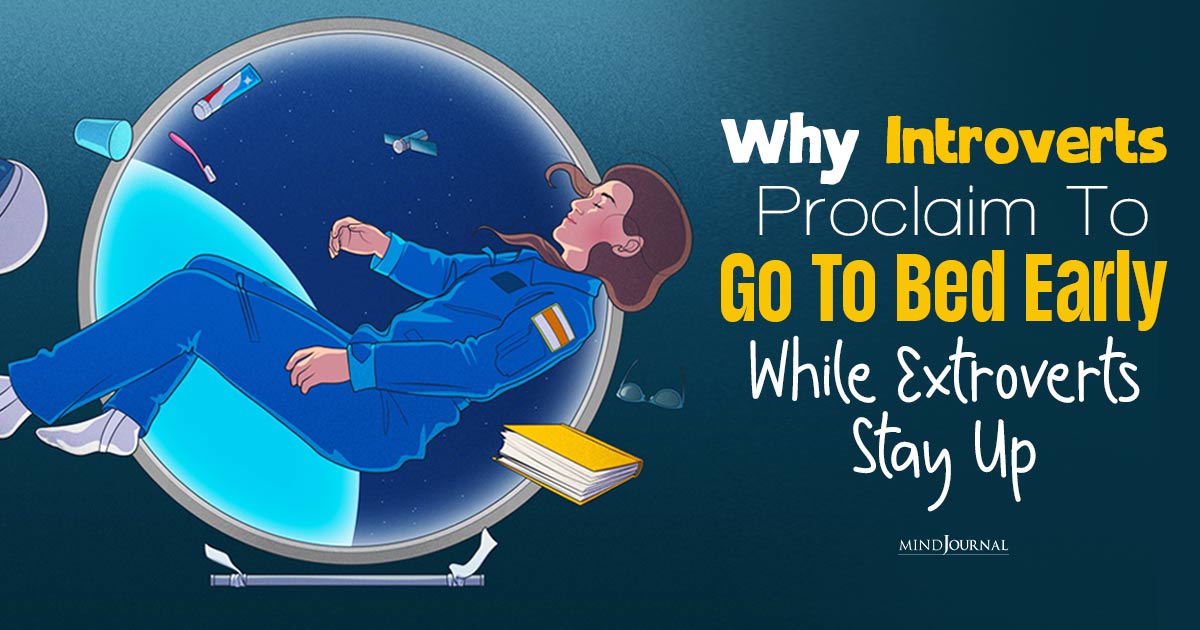
Leave a Reply